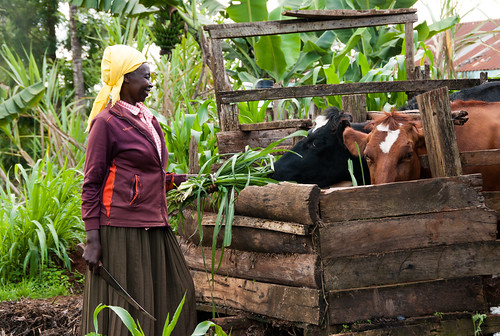
Most communities which cannot afford to buy fertilizer have always resolved to use animal manure as a substitute to make their plants flourish.
But the use of manure is now close to being criminalized.But how will the rural farmers survive? What has prompted this action?

Also, in new tough measures aimed at regulating the agriculture sector, any person obstructing a food-crops inspector from accessing farms or processing premises will be liable for a jail term of up to three years.
The Crops (Food Crops) Regulations, 2018, the proposed law seeks to tighten regulations governing food production, processing, marketing, imports and exports.
/https://public-media.si-cdn.com/filer/00/c6/00c60ebe-b70a-4328-bd87-ecedda22d109/using-our-product.jpg)
The Agriculture, Livestock, Fisheries and Irrigation Cabinet secretary, the Agriculture and Food Authority (AFA) and county governments drafted the document, which will be tabled in Parliament after final drafting by the Attorney-General.
The rules prohibit farmers from growing crops next to sites whose land use could result in contamination of soil, air and water.

The areas include sites used for domestic animal production, which might prove controversial as many food producers in Kenya are mixed farmers who grow crops side by side with animals.

Many also use animal manure to enrich their farms. Other condemned sites are for disposal of garbage and industrial waste, sanitary waste management, mining, roadsides and sites with a history of flooding.
Among crops to be regulated are cereals, including maize, barley, finger millet, pearl millet, wheat, wheat pasta, oats, rye, triticale (a cross-breed of wheat and rye) and amaranth.
Legumes like soya beans, pigeon peas, cowpeas, chicken peas, broad beans, duster beans, dolichos beans (njahi) will also be regulated as will sweet potatoes, cassava and other tubers. Unlike the case now where food crops mainly intended for export are tested for quality standards, other food crops will be routinely checked too.